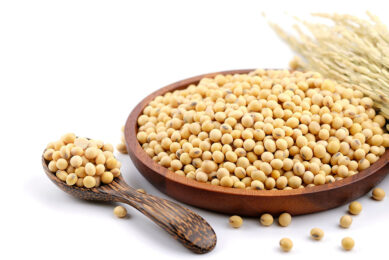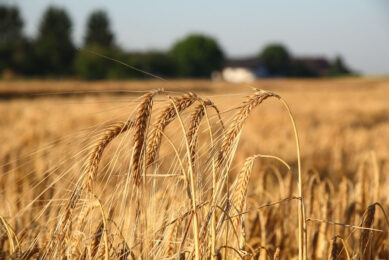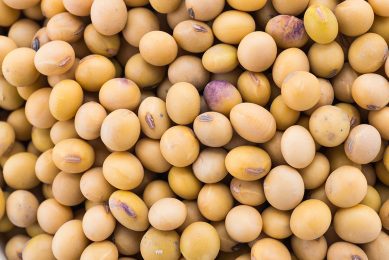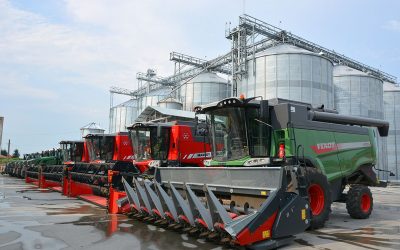Romania harvests trouble with GM crops
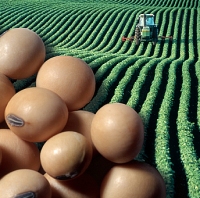
Romania may find itself excluded from the European Union markets and even have difficulties selling its genetically modified products locally, because of delays in complying with European food traceability and labelling regulations.
In 2006, Romanian farmers cultivated almost 130,000
hectares (321,236 acres) of GM soybeans, which makes it the single biggest
producer of GM soybeans in Europe, according to the environmental campaign group
Greenpeace
. A large
percentage of the GM soybean crop was also planted with non-certified seed,
meaning its origins cannot be identified or traced.
Some farmers keep
quiet about their GM crops because they do not even know they have planted GM
seeds. Cases of contamination of crops with GM varieties are frequent. “If
Romania does not adopt the traceability and labelling measures required by the
EU legislation, I am afraid that starting with 2007, all its products containing
soybean will be restricted from entering EU markets,” according to agricultural
consultant Dragos Dima.
The Romanian Ministry of Agriculture has
announced a ban on the cultivation of GM soy as of January 1, 2007, but many say
Bucharest has done too little, and too late, to address Europe’s concerns about
the kind of food coming out of Romania.




